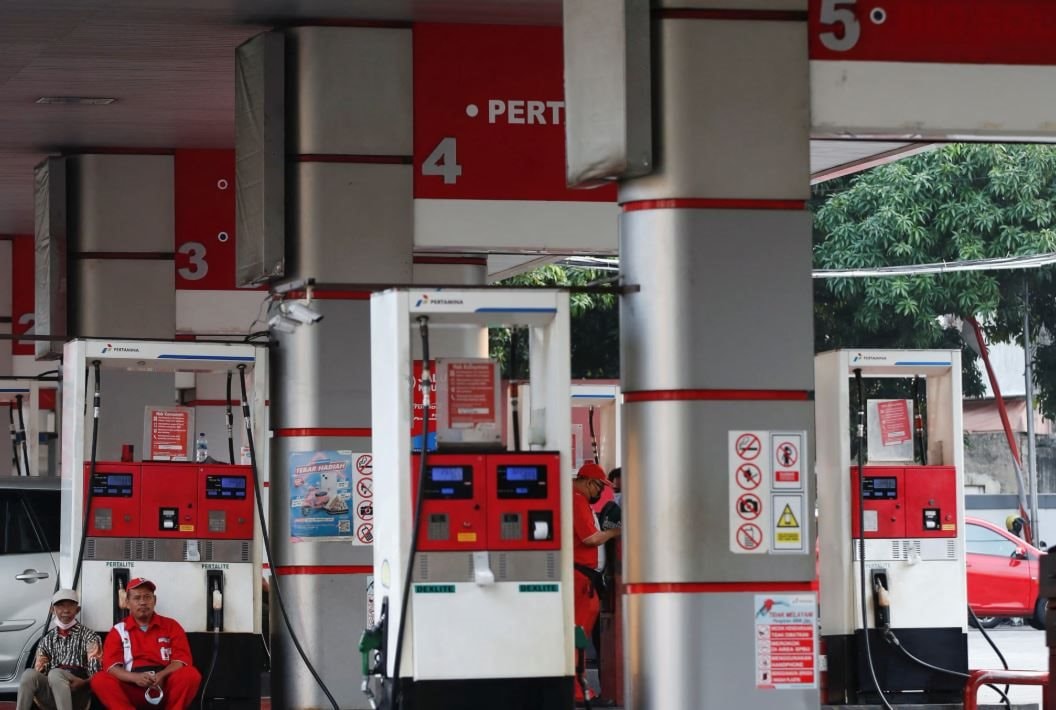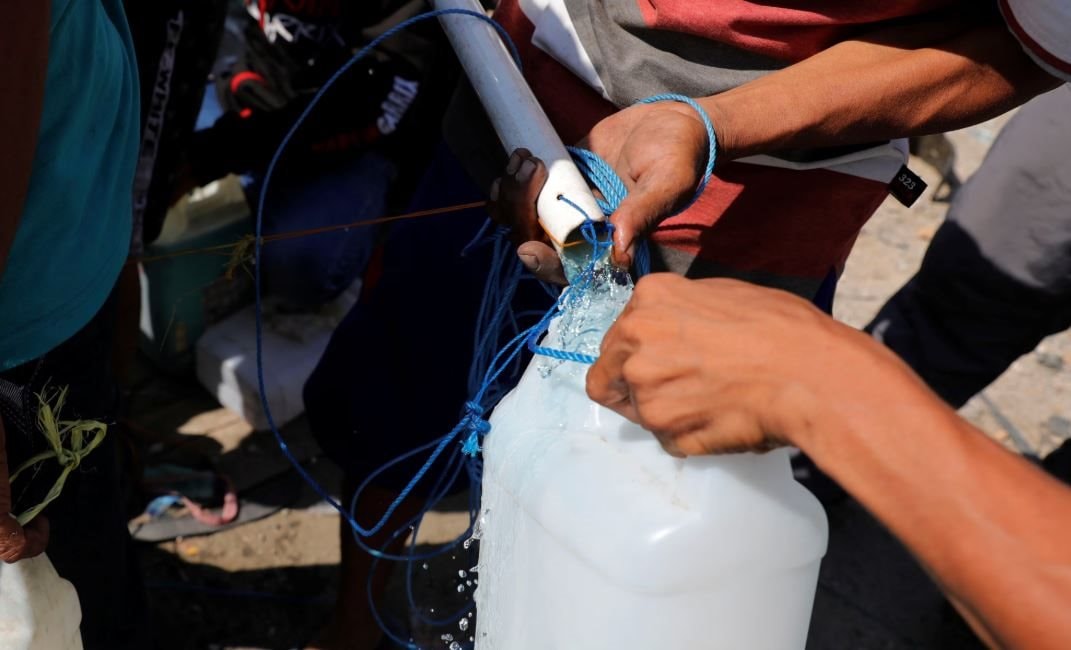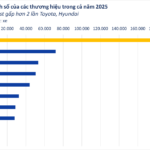
Shell Gas Stations in Indonesia Face Fuel Shortages, Exposing Deeper Energy Crisis
When Shell-branded gas stations across Indonesia began displaying “temporarily out of stock” signs, many citizens were left stunned. The issue wasn’t merely a logistical hiccup but a glaring symptom of a deeper crisis simmering within Indonesia’s energy sector—a nation rich in potential yet struggling to balance development, governance, and green transition.
The first signs of fuel scarcity emerged in late August 2025, when Shell announced reduced operating hours, staff cuts, and restricted fuel types due to dwindling inventories. BP-AKR, managing BP’s network, faced similar pressures, particularly for unsubsidized fuels like RON 92 and RON 95.
The root cause? A shift in consumer behavior. A major scandal involving Pertamina, Indonesia’s state-owned energy giant, eroded public trust in the first half of 2025. Consumers flocked to private retailers like Shell and BP, seeking superior quality and reliability.
However, despite surging demand, companies like Shell were constrained by import quotas for unsubsidized fuel. While their 2025 quota increased by 10% year-on-year, it proved insufficient amid skyrocketing demand. Worse, the government mandated private retailers to source fuel through Pertamina—which held larger import quotas—rather than directly from international markets.
Procuring from Pertamina wasn’t seamless. Firms like BP-AKR and Vivo rejected Pertamina’s shipments due to 3.5% ethanol content, which failed their technical standards. BP-AKR also cited Pertamina’s inability to provide certificates of origin, raising legal concerns. As inventories depleted, retailers struggled to secure alternative supplies, exacerbating the shortage.
The Jakarta Post noted that as private brands faced supply constraints, citizens reluctantly returned to Pertamina stations—despite the scandal—as the last resort. One driver reported waiting 30–40 minutes at a Pertamina station, aware of potential fuel adulteration or subpar quality.

Government Intervenes to Stabilize Fuel Supply Chain
The government swiftly intervened. Beyond urging retailers to collaborate with Pertamina, Indonesia’s Energy Ministry allowed Pertamina to import base fuel for retailers to blend. Pertamina proposed a 16,000-kiloliter shipment for Shell and BP-AKR while retaining unused import quotas to address urgent demand.
The fuel shortage highlights Indonesia’s energy system fragility, where minor demand shocks or supply disruptions trigger major upheaval. Despite being a coal export powerhouse with vast renewable potential (geothermal, solar), declining domestic oil production forces reliance on imported oil and gasoline for transport and industry.
Fuel subsidies, long used to stabilize society and aid the poor, distort markets, strain budgets, and skew pricing mechanisms. As global oil prices fluctuate, fiscal burdens escalate. Additionally, inadequate power transmission, grid systems, and energy storage infrastructure hinder large-scale renewable integration.
Beyond addressing governance and market structure, Indonesia is piloting a bio-diesel blend increase from B40 to B50 to curb crude oil imports. Reforms targeting subsidies to low-income groups and transparent private sector import quotas could balance competition and stabilize supply.
Source: Reuters, Jakarta Global















